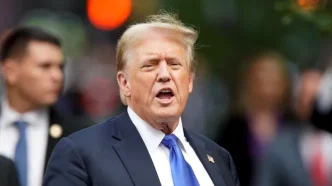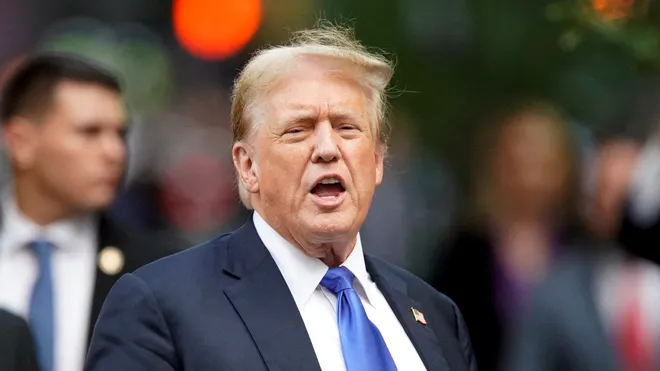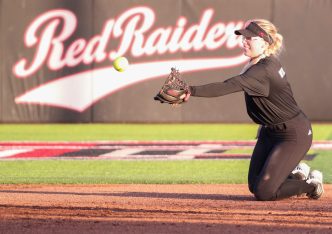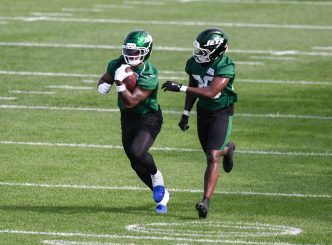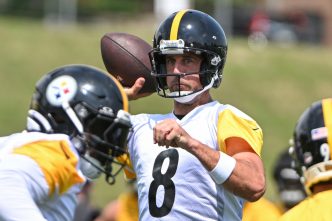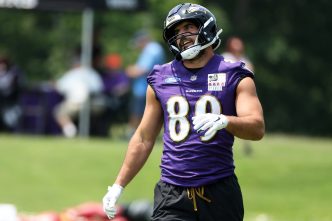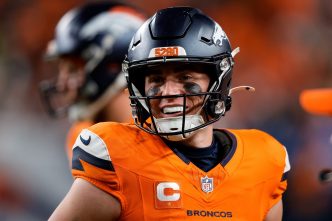In a scene that felt monumental, the Philadelphia Eagles made their way to the White House to commemorate their Super Bowl win over the Kansas City Chiefs earlier this year. The atmosphere was electric, as approximately two dozen players and key staff, including head coach Nick Sirianni and general manager Howie Roseman, gathered to soak in the moment that every champion dreams of.
However, the absence of star quarterback Jalen Hurts loomed large. His decision not to attend echoed loudly, especially after he dodged a question about his participation days prior at a public gala. He wasn’t alone, as several key players, including wide receivers A.J. Brown and DeVonta Smith, alongside various defensive players, also opted out of the visit. The reasons behind their absence sparked discussion—was this a silent protest or merely a personal choice? Regardless, the implications were palpable, as the symbolic nature of such a gathering often intertwines with the political zeitgeist.
President Trump took the opportunity to highlight those who did attend, expressing admiration for players like Saquon Barkley. Inviting his own sense of flair into the mix, Trump presented a number 47 jersey and a signed helmet during the event, showcasing the unique blend of sports and politics that characterizes such visits. The jersey, featuring the word “M.A.G.A” scrawled in silver marker, raised eyebrows, hinting at the complex nature of allegiance in sports today.
Barkley took to social media to address critics after golfing with Trump just before the visit. “I respect the office,” he posted, emphasizing that political affiliations shouldn’t overshadow personal experiences. His enthusiasm for the moment was clear: he isn’t just a celebrated athlete; he’s a figure navigating the intersection of sports and socio-political discourse.
Trump’s remarks were also filled with zest, as he enthused about Barkley’s renowned athleticism, recalling a spectacular play that fans still talk about—the backward hurdle that epitomized his bravado on the field. Reflecting on his former ties with the Giants, Trump pointed out the missed opportunity to retain Barkley, playfully chastising the organization’s decision-making.
The President then shifted gears to recognize Hurts, marveling at his record-setting season. With 32 touchdowns under his belt, Hurts’ absence from the ceremony was a noticeable gap, but Trump nonetheless acknowledged him as a crucial element of the Eagles’ remarkable season.
As the event wrapped up, discussions turned to the imposing Eagles offensive line and the future of the famed “Tush Push” play that has garnered attention for its effectiveness. Trump expressed his support for the play, layering another dimension to the day’s events, blending sports analysis into the political rhetoric.
This visit, while steeped in tradition, reflects the controversy and complexity of contemporary sports narratives. Whether seen as powerful recognition or politicized spectacle, it’s clear that for those who attended, the moment was about celebrating achievements and representing the city of Philadelphia with pride.
It’s always fascinating how sports can transcend mere games, becoming a narrative thread that weaves through culture, politics, and identity. For the Eagles, who faced earlier cancellations of such visits amid national discourse, it marked a long-awaited moment of recognition and celebration—a snapshot of a team that has redefined its legacy among their fans.

